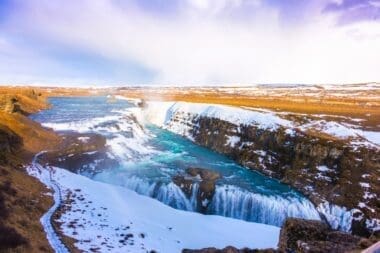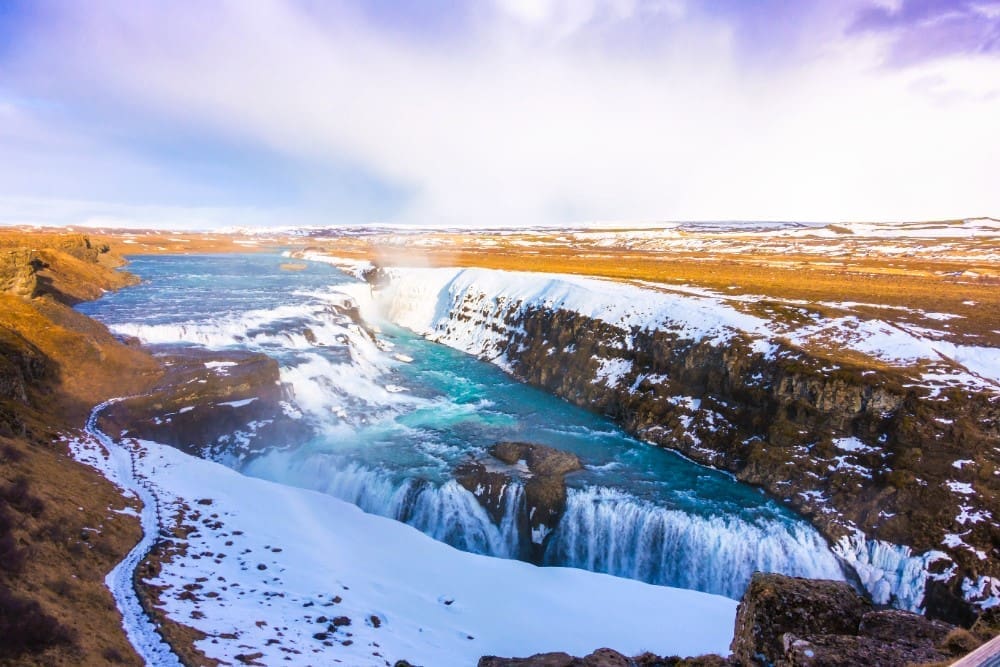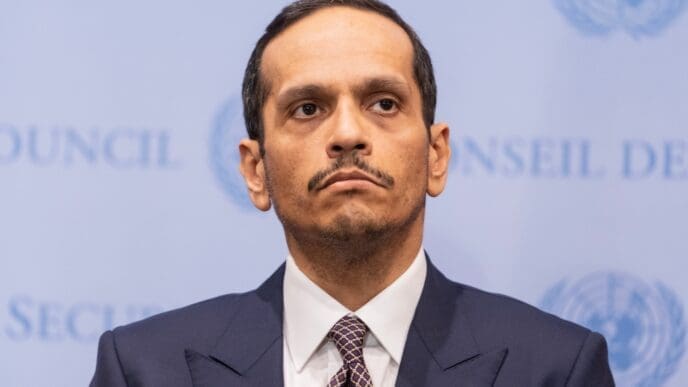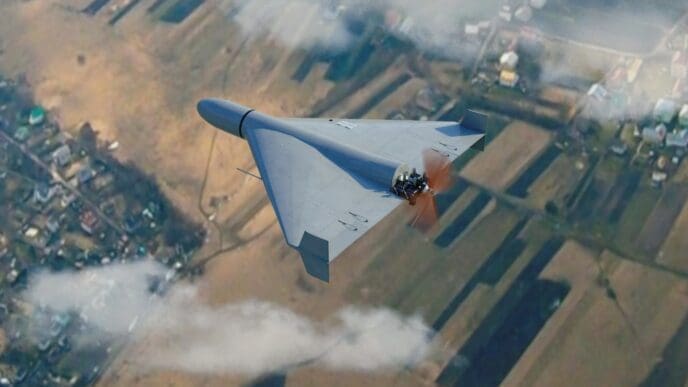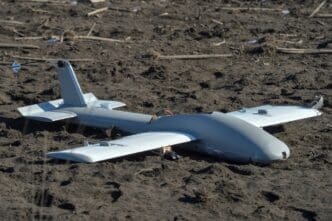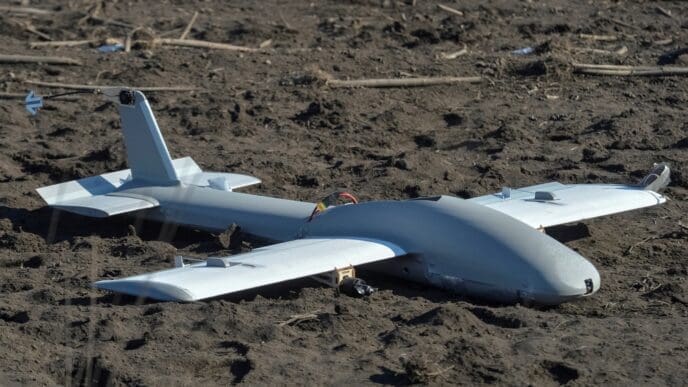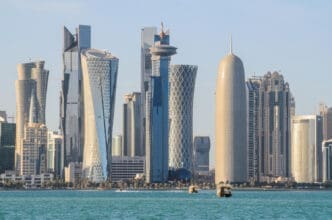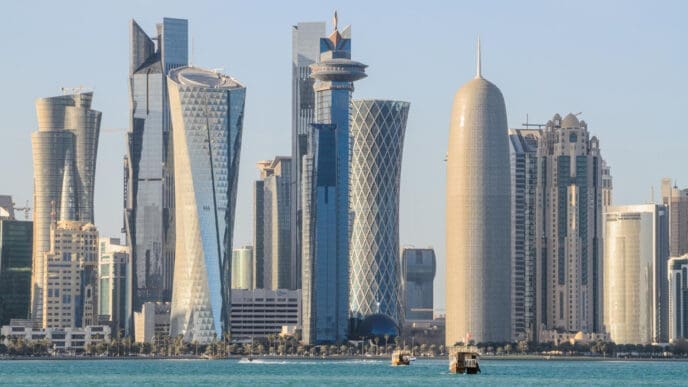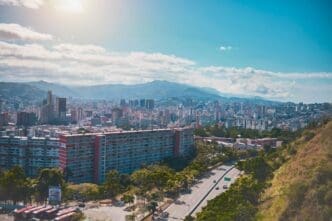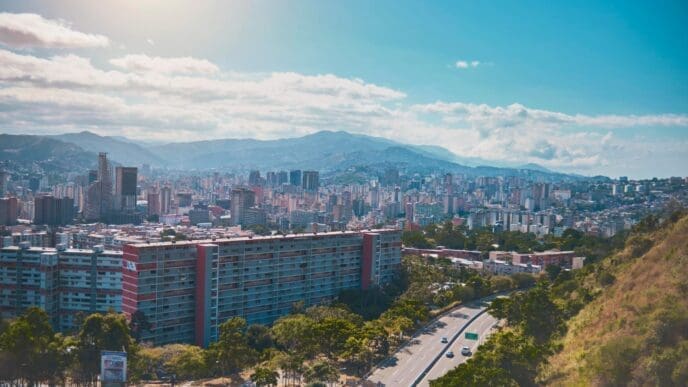Iceland’s largest whaling company, Hvalur hf., has announced it will not be participating in the hunting season this summer, marking the second year in a row that the company has abstained from whaling activities. Despite being the largest whaling enterprise in the country, with a permit to hunt 200 fin whales, the company has decided to pause operations due to the challenging global economic climate.
The decision, as communicated by CEO Kristján Loftsson to the company’s staff, stems from the economic situation in Japan, a primary market for Hvalur’s products. Factors such as inflation have rendered whaling economically unfeasible. Loftsson emphasized that the unfavorable price developments in Japan have made it unjustifiable to continue hunting, as product prices have plummeted to unsustainable levels.
In the previous year, Hvalur also refrained from whaling, partly due to a delay in permit issuance. The permit was issued just a day before the season’s start by then Left-Green Minister for Agriculture and Fisheries, Svandís Svavarsdóttir, making it impractical for the company to plan its operations for 2024 effectively.
Whaling remains a contentious topic in Iceland, with public opinion deeply divided on the practice. Iceland, alongside Norway and Japan, is among the few countries that still allow whaling. The typical whaling season in Iceland spans from mid-June to September, but in recent years, meeting quotas has become increasingly challenging for Icelandic whalers.
Iceland’s second-largest whaling company, IP-Utgerd, ceased operations in 2020, attributing the decision to diminishing profits and demand for whale meat, exacerbated by the COVID-19 pandemic.
The Bigger Picture
The decision by Hvalur hf. to refrain from whaling this season could have broader implications for Iceland’s economy and its environmental policies. As the largest whaling company in Iceland halts operations, there may be a shift in how the country approaches traditional practices amid evolving economic and ecological landscapes.
This move could potentially influence public opinion on whaling, swaying it towards more sustainable practices. Additionally, the economic challenges faced by the whaling industry might prompt a reevaluation of its viability in the long term. For local communities, the absence of whaling activities could impact employment and related industries, necessitating exploration of alternative economic opportunities.

